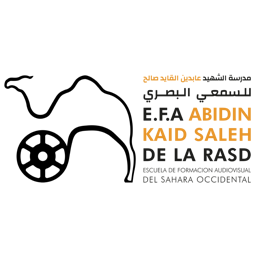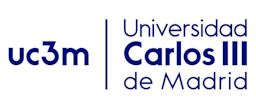Short movie - Espero (I wait)
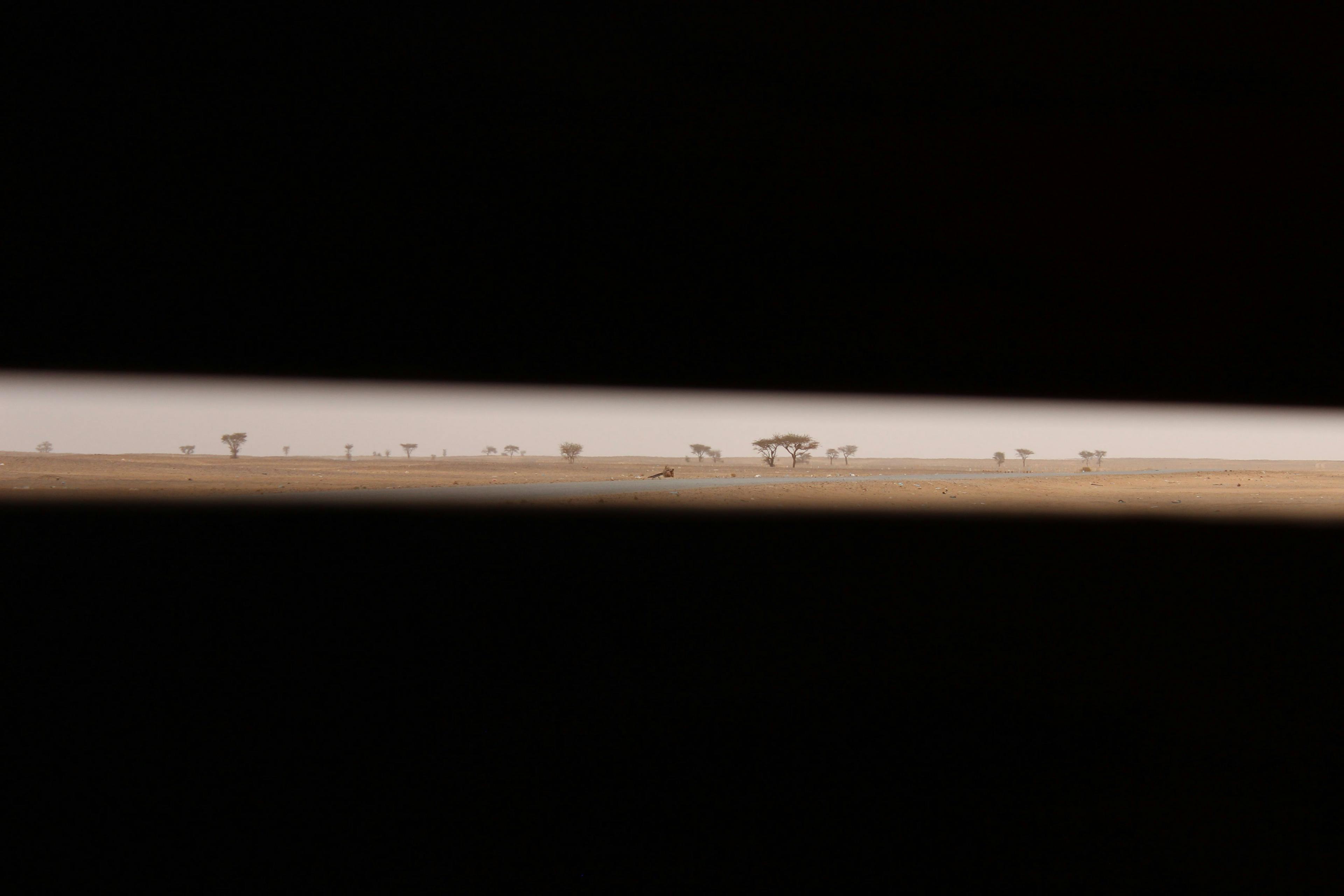
It has been 40 years since the Saharawi population became refugees in Algeria because of the Moroccan occupation. As the Polisario government tries to solve the conflict with institutional help, Saharawi youngsters advocate for armed conflict. While they wait, the cinema will be their only weapon.
The Backdrop: A Conflict Forgotten by the World
The Saharawi-Moroccan conflict is a cruel example of the limits of international law. In 1976, after Spanish colonizers left the country, Morocco occupied the Western Sahara and expelled the originary populations who now live divided in two sides of a +2500km mined wall, the longest of the world. Still today, half of them live under occupation and the other half are refugees in Tindouf (Algeria).
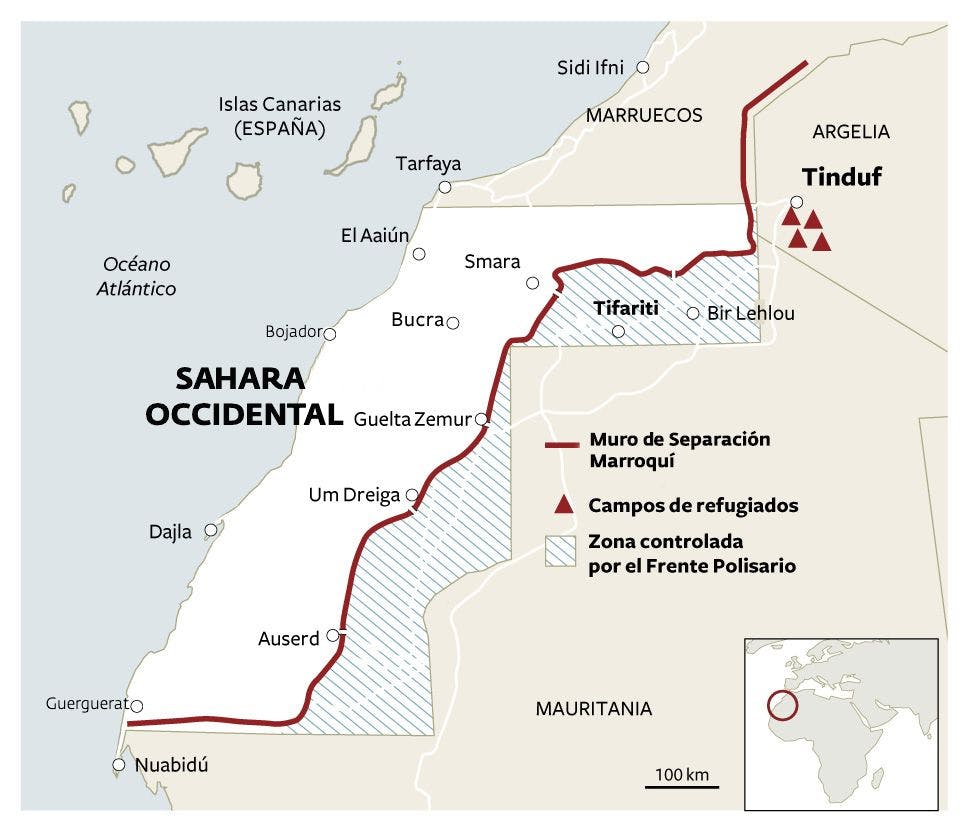
Eighty-two countries recognize the RASD (Sahrawi Arab Democratic Republic) as the legitimate sovereign of Western Sahara. The United Nations itself maintains it as the only African territory pending decolonization. Yet, despite all this, Morocco has been occupying the area for more than 40 years, treating UN resolutions as nothing more than papers in an international landscape governed by the law of the strongest.
Amid this unprecedented situation, the Sahrawis decided to build a film school in the desert back in 2010. The goal? To tell their own stories and spread the message of their struggle. Could cinema be a sufficient weapon to achieve independence?
The Birth of "Espero": The directors' notes
In 2018, during our final year of a bachelor's degree in Film and Media, we needed to complete an internship in the field to graduate. Our university in Madrid offered us internships at TV channels or production houses, but we yearned to contribute positively to the world. That's when we learned about a Film School in the Sahrawi refugee camps in Tindouf, Algeria. We agreed to assist and film a documentary over six weeks as part of our educational journey, which would also serve as our bachelor thesis.
Arriving with limited understanding of the Sahrawi-Moroccan conflict, despite extensive reading, our stay in Tindouf became an ongoing learning experience.
Initially, we planned to make a short film about the role of women in Sahrawi culture from a gender perspective. However, we soon realized our lack of sufficient knowledge and legitimacy on the subject and shifted our focus.
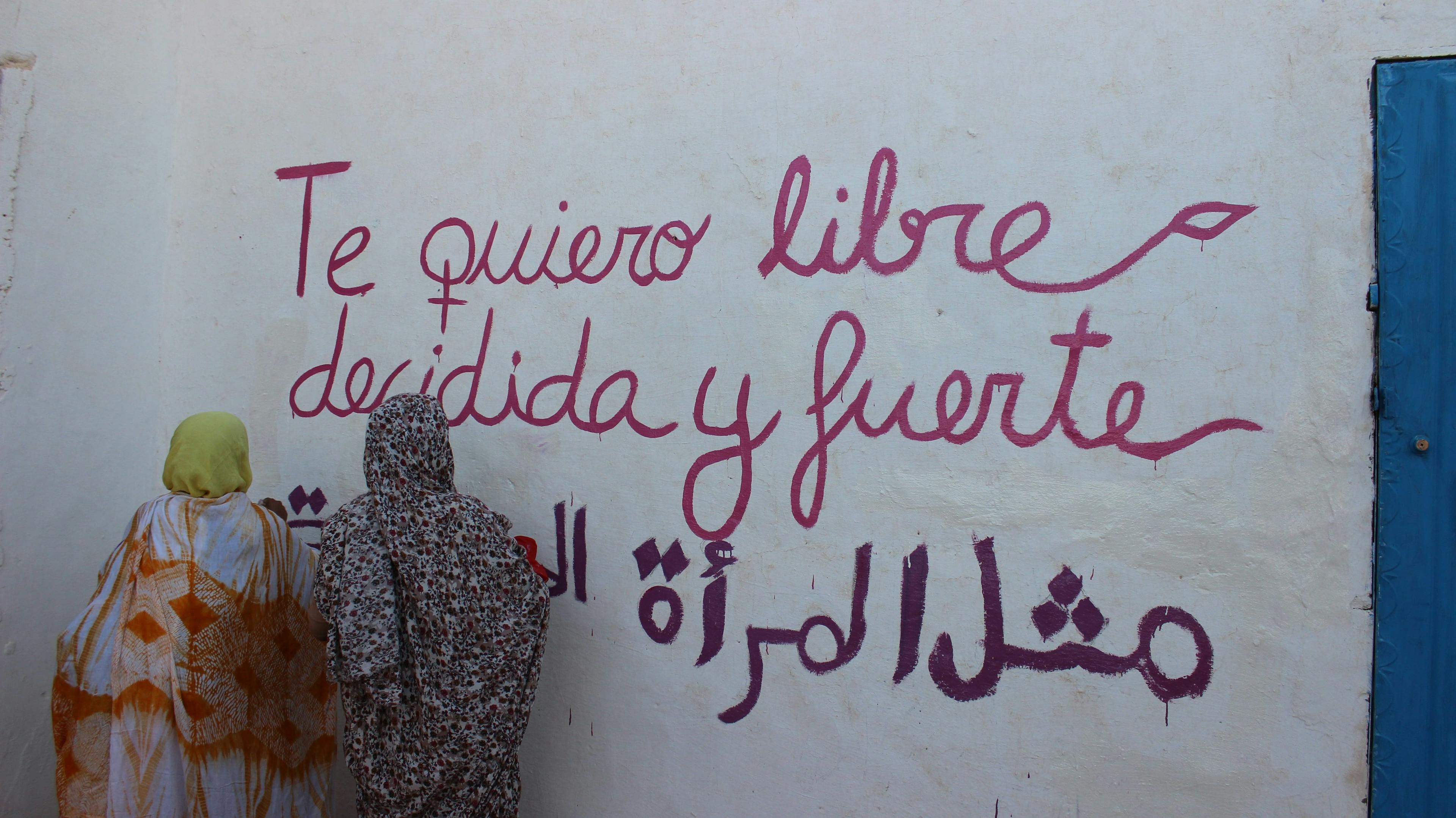
At the Abidin Kaid Saleh film school, we met many young people studying cinema. Forming close friendships with some, we shared daily life and engaged in deep discussions about cinema, culture, politics, and more. This connection provided the ideal focus for our documentary: the Sahrawi youth and their inclination towards war as the sole solution to their political conflict.
We interviewed many young individuals, particularly Sidibrahim, who remains a close friend. These conversations helped us understand the under-30 generation's perspective on the conflict. They voiced frustration, discomfort, and uncertainty, which we aimed to reflect in our documentary. We chose to observe and present their feelings rather than our opinions. We filmed their daily activities at the film school and their discussions, striving to authentically depict what these young Sahrawis experience every day for 15 minutes.
A Reflection on Cultural Solutions
Proposing solutions from the outside for such a complex conflict is challenging. We prefer to highlight the solutions suggested by the Sahrawis themselves. Cinema and culture have been their primary tools for raising awareness about their cause. The film school was created to train dedicated filmmakers to promote the Sahrawi cause globally. Similarly, the FiSahara film festival is held annually in the camps, attracting hundreds of international cultural figures.
Are these culture-focused solutions enough? Currently, we cannot say for sure. In November 2020, a year after releasing our documentary, conflict resumed between the Sahrawi and Moroccan armies. This intermittent war, where the Sahrawis face slim chances of victory, serves as a call to the world to recognize their ongoing struggle.
Audiovisual
|Social Inclusion
|
